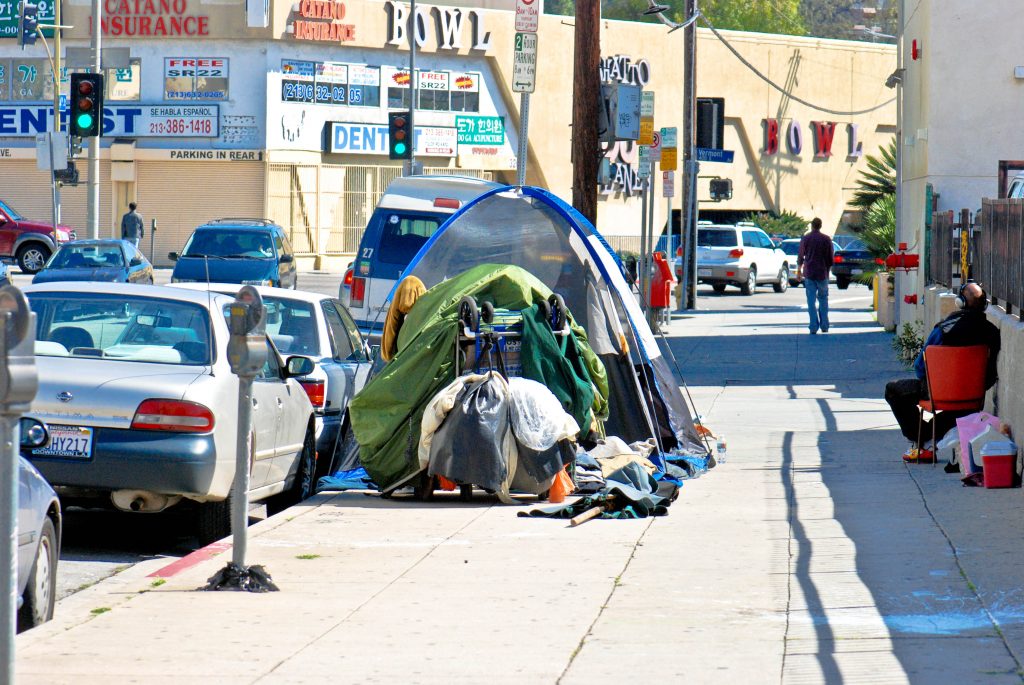They're offering up land they own, alongside grants and low-interest loans.
Facebook, Microsoft, Google and Apple have said they’re going to help make housing more affordable in Silicon Valley and Seattle. More affordable accommodation is certainty sorely needed in these areas. In San Jose, near the Apple HQ, house prices have doubled since 2012. They now average $1 million.
But the companies’ plans have been widely criticised, on two fronts. The first is although the sums they’re offering sound large, they’re nowhere near enough to make any real difference to the problem. The $4.5 billion Apple, Facebook and Google plan to spend in California, for example, would be enough for about 10,000 new homes. But the state needs 3.5 million new houses by 2025 to have enough to offer one to every family who wants a place in the area.
The second criticism says that the whole housing crisis is mostly these companies fault in the first place (and therefore they should be doing an awful lot more to sort it). Each company HQ employs thousands of people, many of whom move to the area for the job. When there’s not enough places for all these new people to live, everyone has to compete over the homes that are available, which pushes up the prices (cos landlords and home sellers generally give their property to the highest bidder). And because Apple and Google and so on employ a lot of highly-paid techies, it’s their employees who often ‘win’ these financial fights over homes, pushing out long-term locals.
Of course, some people would argue that increasing the housing supply in an area is the responsibility of its government, not the businesses who set up shop there. And the California government's housing policy is receiving lots of complaints of its own, mostly for having too many rules and regulations that makes it difficult and/or expensive to create lots of new homes. Even its new rent cap, which is designed to make living more affordable, is seen by some as making the problem worse, because it reduces the financial incentives for people to become landlords (or spend money making their rental property nice to live in), which reduces the supply of decent housing even further.
Read our explainer on: why house prices go up.

